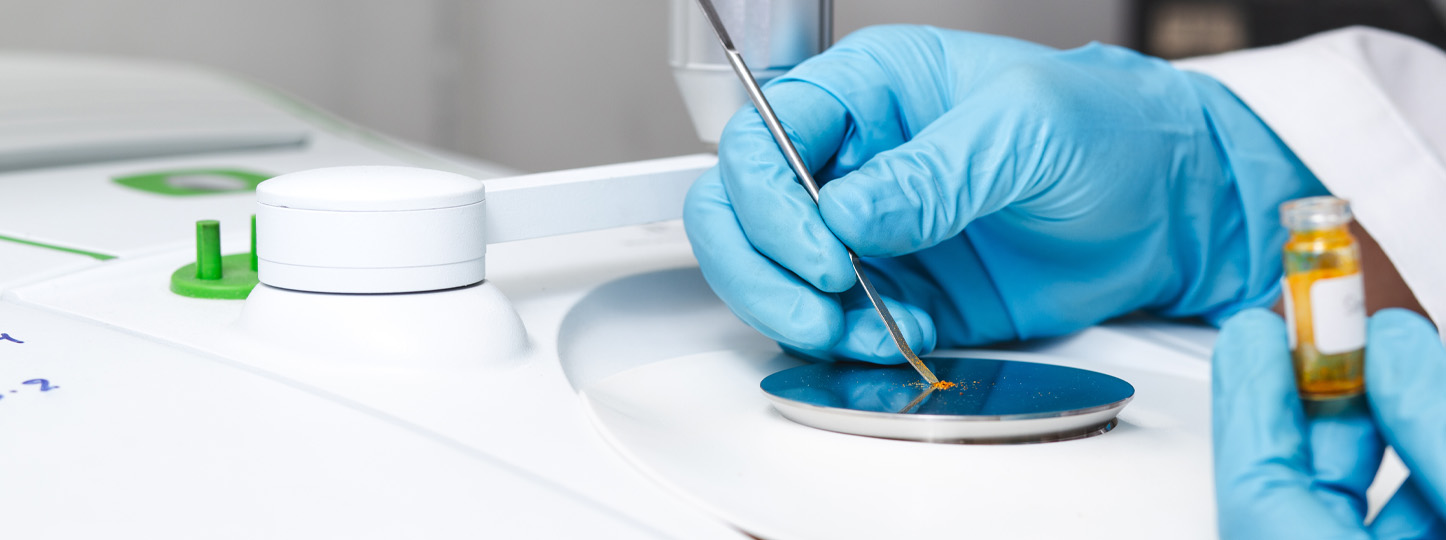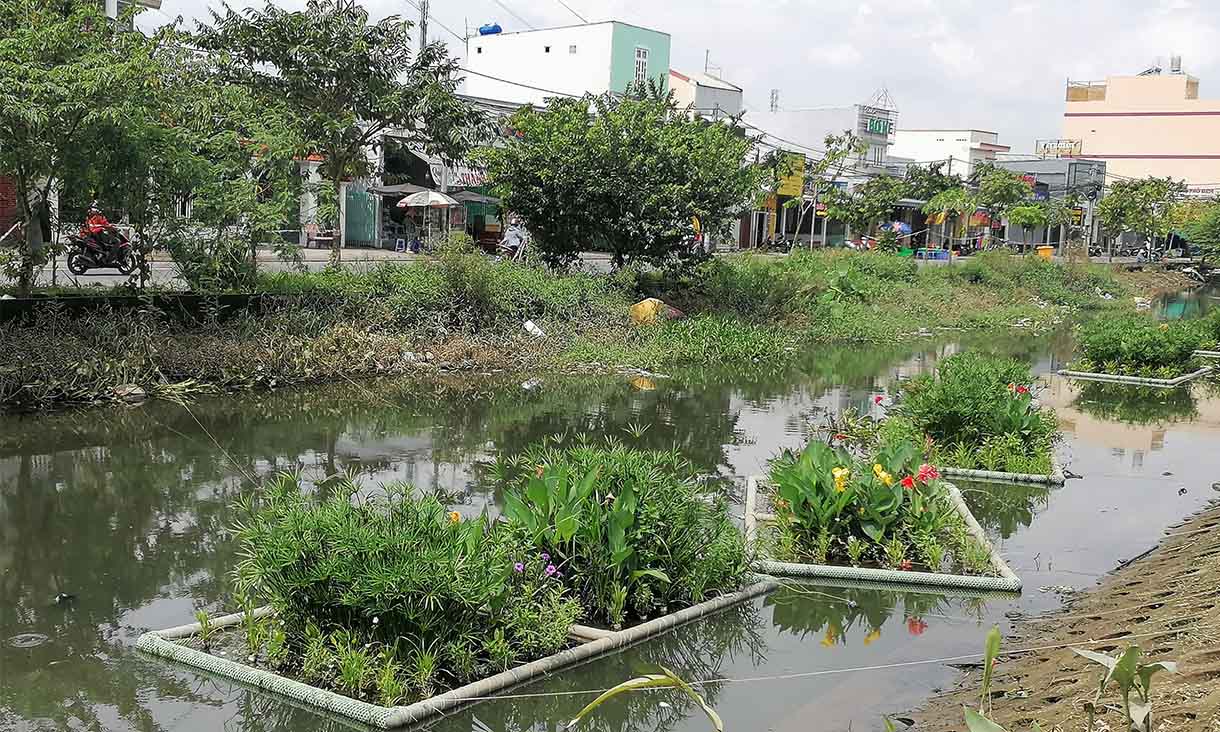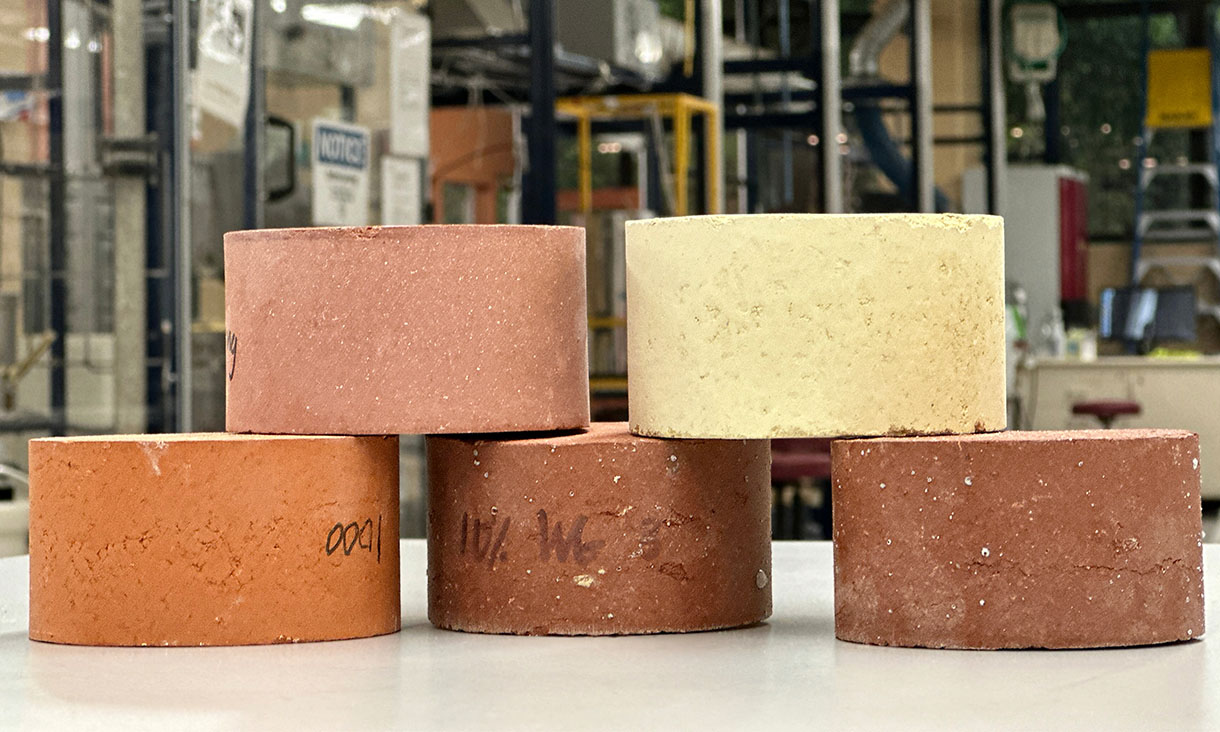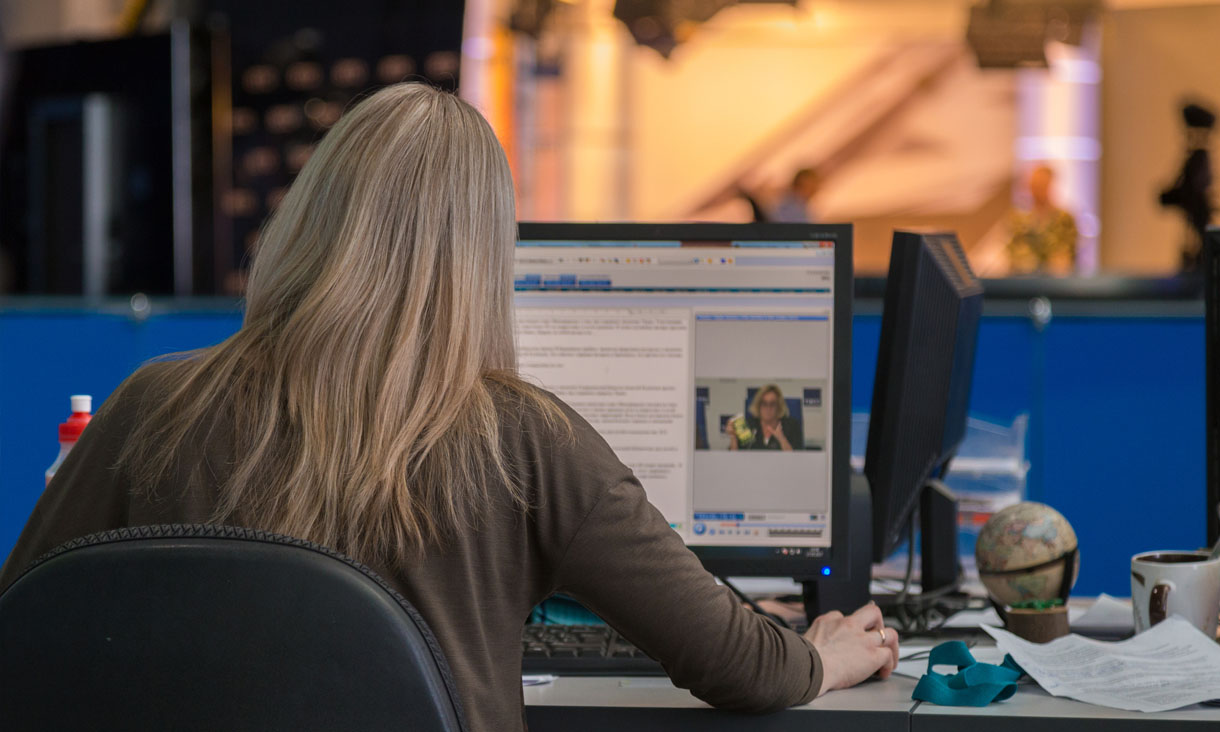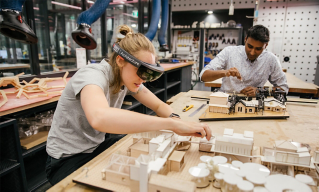The RMIT-led study analysed 103 illicit drug samples sourced from the now-defunct dark web forum Test4Pay in collaboration with the Australian National University, UNSW Sydney and Canadian testing facility Get Your Drugs Tested.
While 65% of samples contained only the advertised substance, the study found 14% of samples had a mixture of the advertised substance with other psychoactive or potentially harmful chemicals.
Meanwhile, 21% of samples did not contain any of the advertised substances.
MDMA, methamphetamines and heroin sourced were consistently found to only contain the advertised substance.
Products sold as ketamine, 2C-B and alprazolam were most likely to be completely substituted with other substances or new synthetic drugs, which increased the risk of unwanted side effects, potential overdose or death.
Of the 19 cocaine samples tested, only four were pure cocaine while 13 contained other substances and two samples did not contain any cocaine at all.
Lead researcher and RMIT Vice-Chancellor’s Senior Research Fellow, Dr Monica Barratt, said the results were concerning as drugs sold through cryptomarkets – online vendors on the dark web – were believed to be less likely to be mixed or substituted with other substances.
“Cryptomarkets allow anonymous buyers to review purchases, which theoretically means vendors who sell inferior products are more likely to receive bad reviews, thereby rewarding vendors selling superior products,” said Barratt, from RMIT’s Social Equity Research Centre.
“But despite this perception of accountability and quality, our findings show prohibited drugs purchased from cryptomarkets are still not safe from adulteration and substitution.”
The dark web drug market
According to the 2023 National Ecstasy and Related Drugs Reporting System survey, there was a slight decline of people buying drugs on the dark web, with more people turning to messaging and social media apps to source drugs.
“These apps are a lot more convenient and easier to use than the dark web, but they lack many of the security features and review capacities of darknet markets,” she said.
Barratt said Australia’s policies on tackling darknet markets focused on using law enforcement to ‘disrupt’ operations.
“These takedowns are used to create a sense of general deterrence through announcing arrests and interruptions to markets,” she said.
“However, we know through research on darknet market takedown operations that this ecosystem is quick to adapt to removal of markets.
“These days, vendors have accounts across many markets, in case one goes down, their clients can find them on other markets. This mitigates against the disruption of a takedown.”
Australia’s approach to drug regulation
With Australians finding new ways to source illicit drugs, Barratt said it was more urgent than ever to launch more drug checking services.
Currently, CanTEST is the only drug checking service available in Australia, with Queensland due to launch its own services this year and Victoria considering following suit.
“Drug checking is a precautionary and pragmatic response to the health risks of unpredictable drug markets, often detecting hazardous substances before they flood the local market,” she said.
While drug checking services have been operating around the world for over 50 years, Barratt said Australia remained resistant to expanding the harm-reduction service.
“Australia’s resistance to opening more drug checking facilities stems from an assumption that drug checking ‘green lights’ drug use,” Barratt said.
“Drug checking services never tell consumers that their drugs are ‘safe’ as no drug use can be 100% safe.
“What the service can do is explain the known risks of specific drugs, in a credible and non judgemental way, enabling people who use drugs to adjust their behaviour to reduce risk.”
A 2022 systemic review of pill testing found people who found unexpected substances in their drugs were more likely to discard them and adjust their use.
“If we can prevent overdoses from happening in the first place, then we can not only reduce harm for consumers and avoid the pain felt by bereaved family members, but also ease the pressures on our emergency health system,” Barratt said.
“Adulteration and substitution of drugs purchased in Australia from cryptomarkets: An analysis of Test4Pay” was published in the Drug and Alcohol Review (DOI: 10.1111/dar.13825)
Monica J. Barratt, Matthew Ball, Gabriel T. W. Wong and Angus Quinton are co-authors.
Story: Shu Shu Zheng
